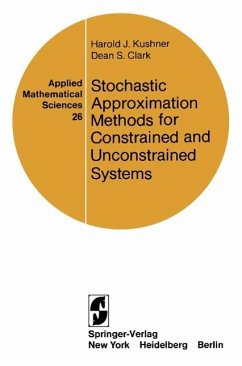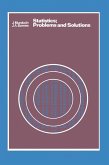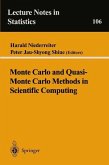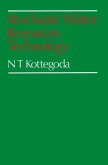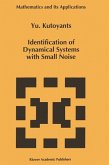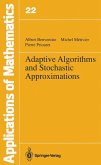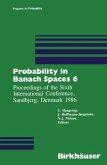The book deals with a powerful and convenient approach to a great variety of types of problems of the recursive monte-carlo or stochastic approximation type. Such recu- sive algorithms occur frequently in stochastic and adaptive control and optimization theory and in statistical esti- tion theory. Typically, a sequence {X } of estimates of a n parameter is obtained by means of some recursive statistical th st procedure. The n estimate is some function of the n_l estimate and of some new observational data, and the aim is to study the convergence, rate of convergence, and the pa- metric dependence and other qualitative properties of the - gorithms. In this sense, the theory is a statistical version of recursive numerical analysis. The approach taken involves the use of relatively simple compactness methods. Most standard results for Kiefer-Wolfowitz and Robbins-Monro like methods are extended considerably. Constrained and unconstrained problems are treated, as is the rate of convergence problem. While the basic method is rather simple, it can be elaborated to allow a broad and deep coverage of stochastic approximation like problems. The approach, relating algorithm behavior to qualitative properties of deterministic or stochastic differ ential equations, has advantages in algorithm conceptualiza tion and design. It is often possible to obtain an intuitive understanding of algorithm behavior or qualitative dependence upon parameters, etc., without getting involved in a great deal of deta~l.
Dieser Download kann aus rechtlichen Gründen nur mit Rechnungsadresse in A, B, BG, CY, CZ, D, DK, EW, E, FIN, F, GR, HR, H, IRL, I, LT, L, LR, M, NL, PL, P, R, S, SLO, SK ausgeliefert werden.

